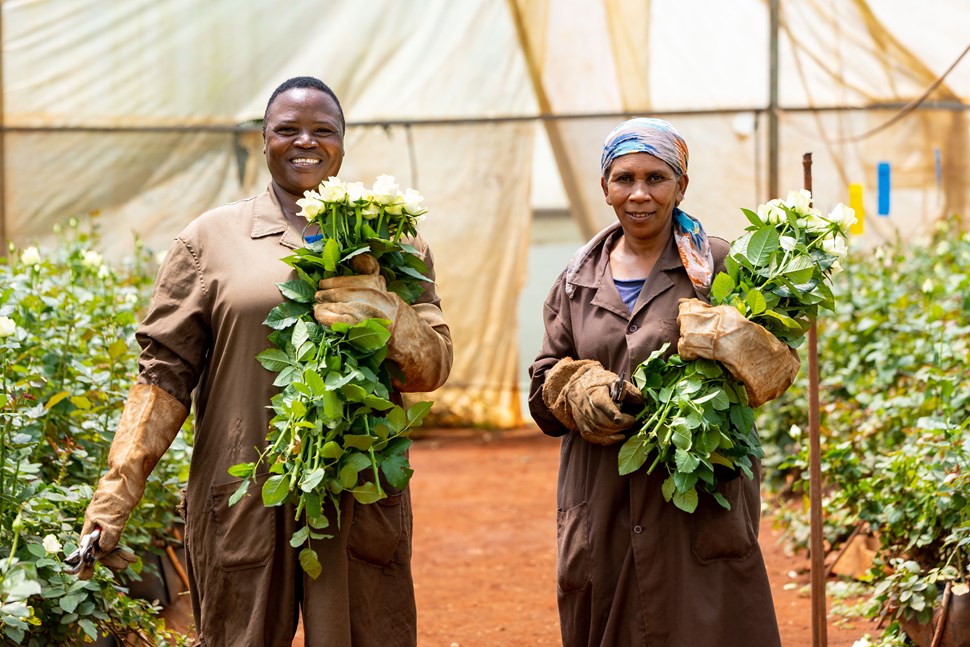
Fairtrade

Finland’s first Fairtrade product was Pirkka Fairtrade coffee, launched in 1999. Today, K food stores offer more than 200 Fairtrade products. Year after year, the most popular Fairtrade items include Pirkka Fairtrade flowers, bananas, and coffee. In 2024, a total of 59.8 million stems of Pirkka Fairtrade flowers were sold.
Between 2009 and 2024, Fairtrade premiums have amounted to nearly 9 million euros. The premiums are used for healthcare, education, housing, microloans, and environmental protection, among other things.
The K Group and Fairtrade Finland have signed a cooperation agreement for 2025–2027. The cooperation focuses on global agricultural supply chains and reducing risks in primary production.
Fairtrade promotes workers’ rights and environmental sustainability
Economic sustainability: Farmers are paid at least the Fairtrade Minimum Price for their products, in addition to receiving a Fairtrade Premium. Farmers also receive training that benefits both their agricultural practices and trading skills. Workers on large farms are paid at least the legal minimum wage, with a commitment to gradual wage increases. Farmers themselves decide how to use the Premium, which is typically invested in improving production and living conditions in their communities.
Social sustainability: Fairtrade requires democratic and transparent decision-making within smallholder farmer organizations. Workers on large farms must have the right to organize and safe working conditions.
Human rights: Forced labor and child labor are strictly prohibited under Fairtrade standards. Environmental sustainability: Fairtrade sets strict environmental criteria for cultivation The use of harmful pesticides is banned, and the storage and application of approved chemicals are regulated by clear rules. It is essential to consider the wellbeing of both the cultivation environment and the people involved in farming. To prevent deforestation, Fairtrade standards for coffee and cocoa prohibit the clearing of valuable forests.